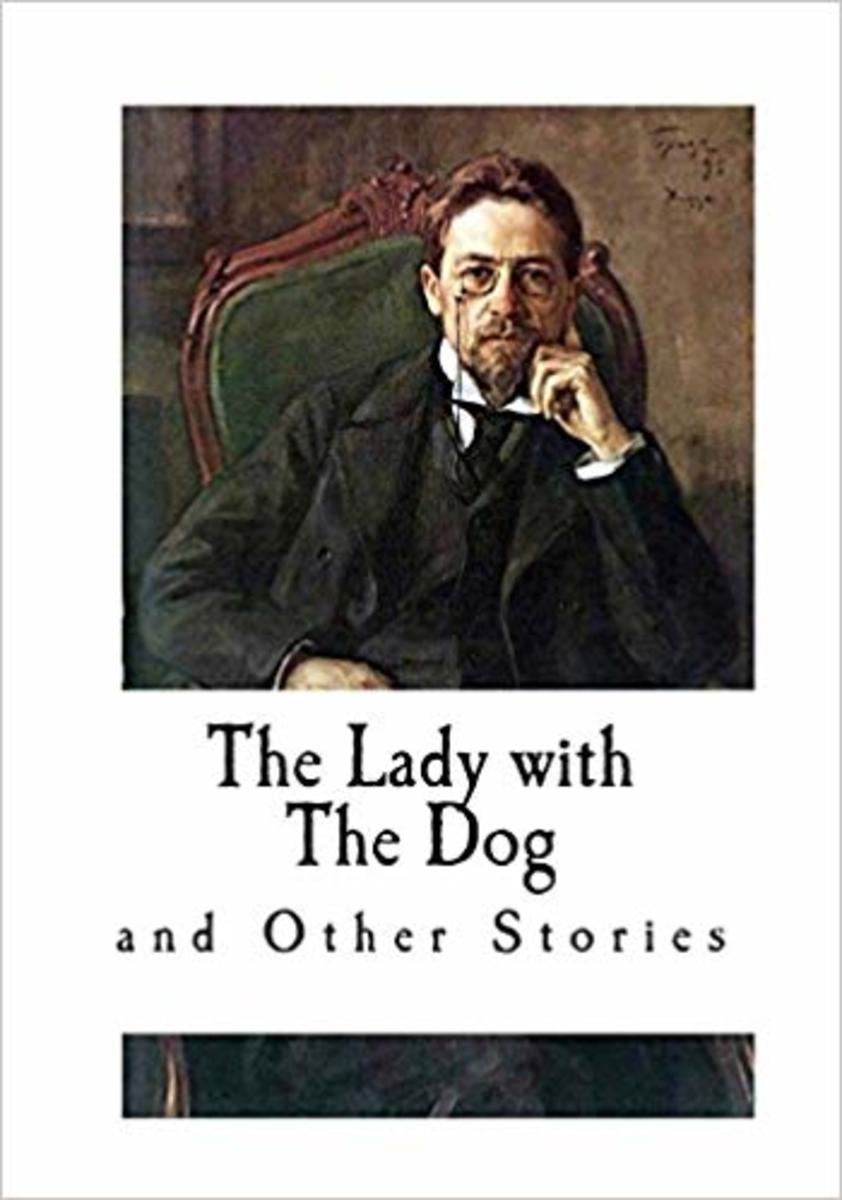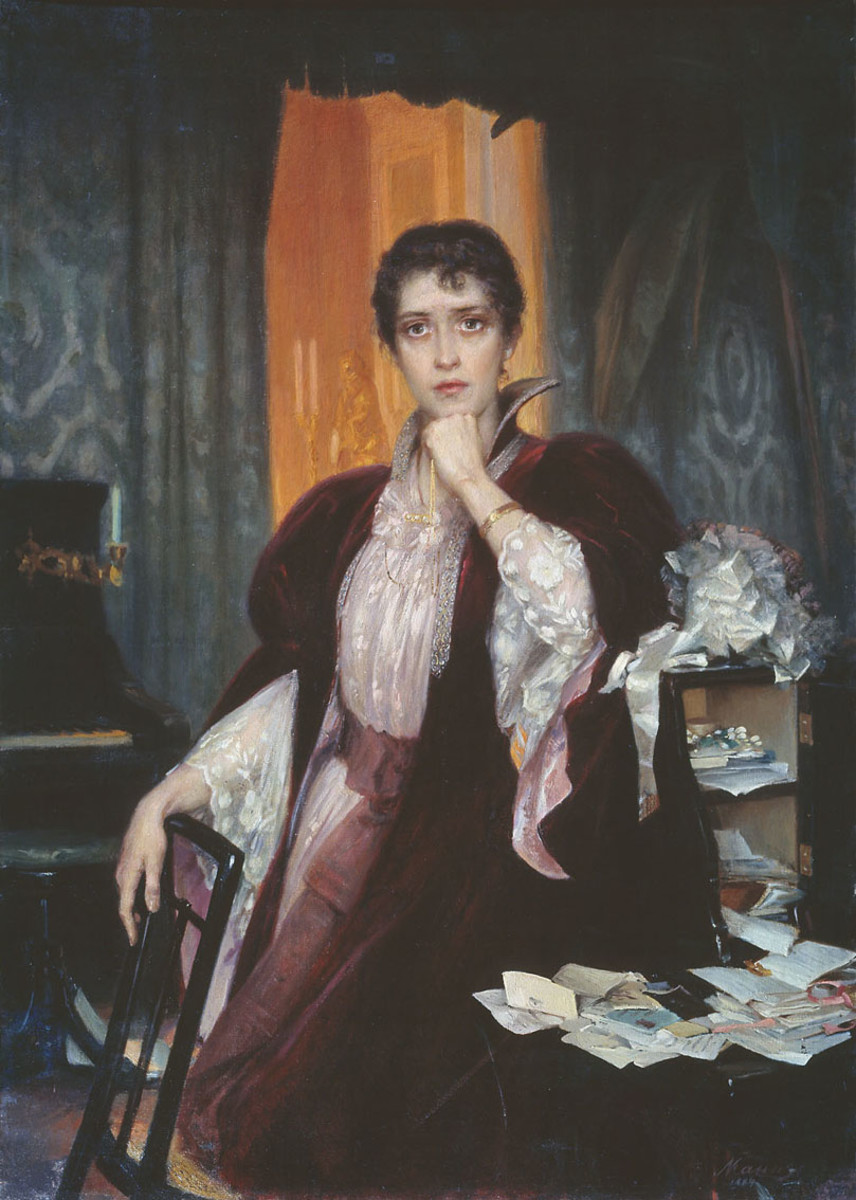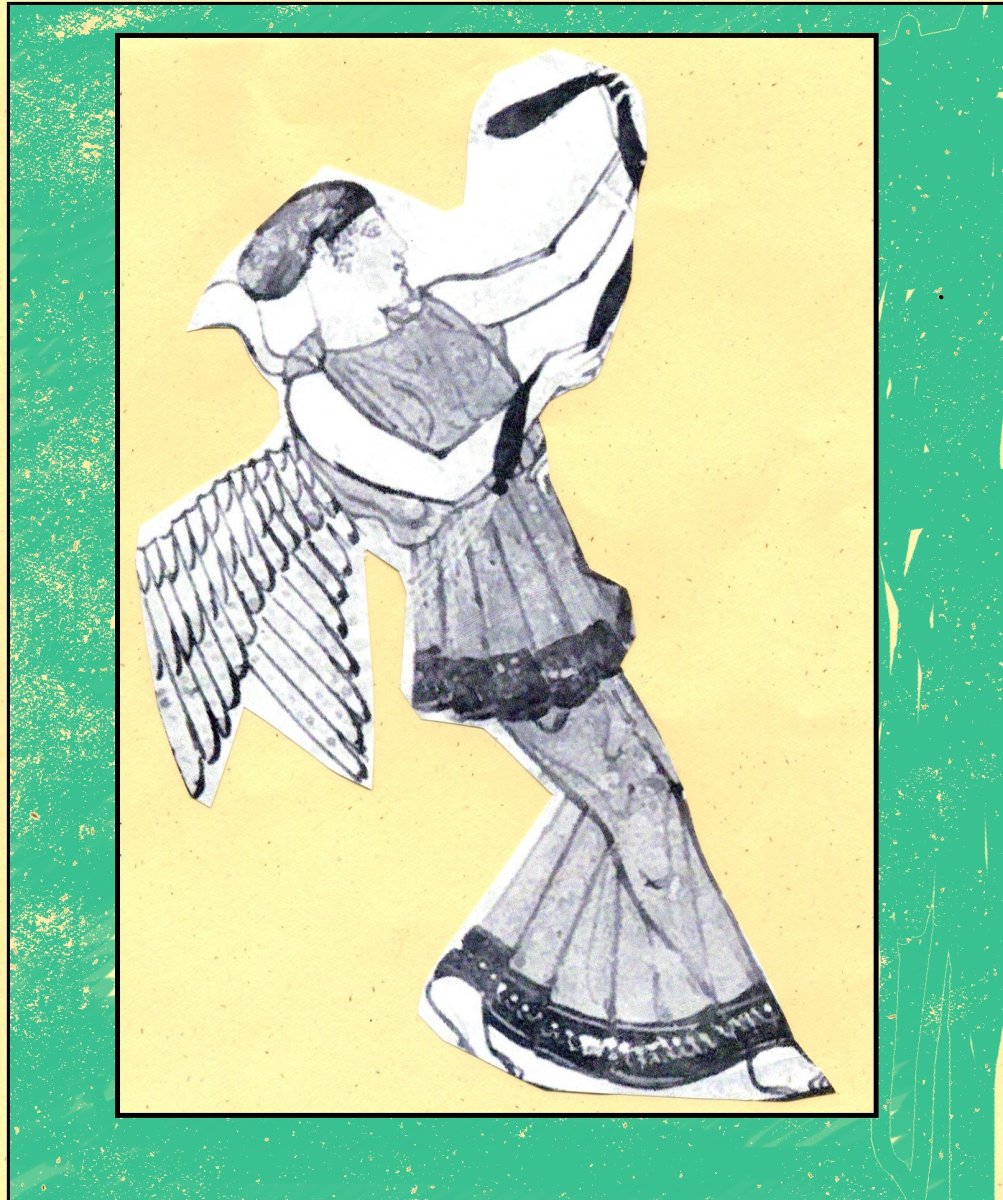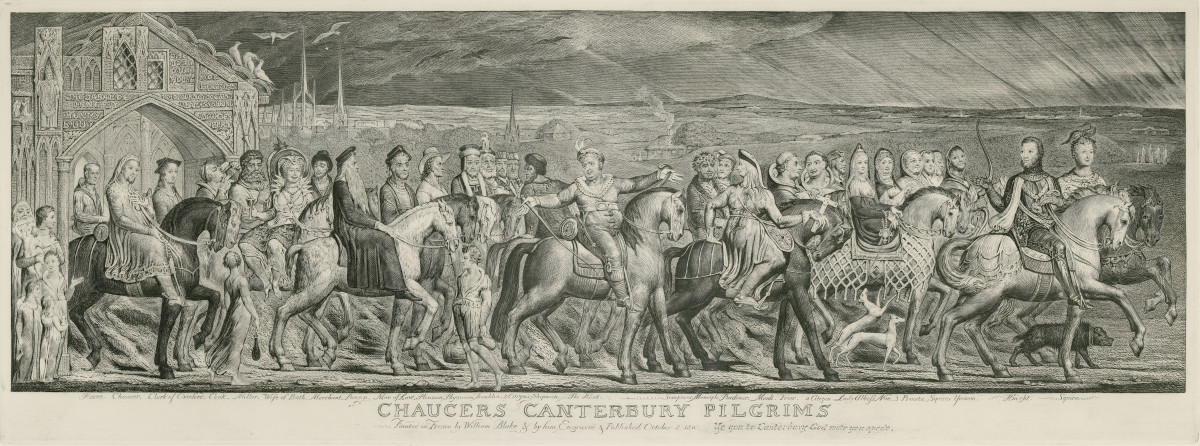Characters Together and Yet Apart: a Study of Disconnectedness in the works of Anton Chekhov and Leo Tolstoy
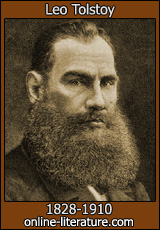

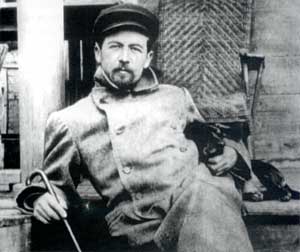
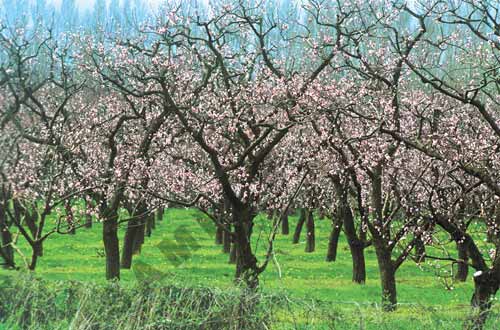
Characters Together and Yet Apart: the Atmosphere of Disconnectedness in Chekhov’s The Cherry Orchard and Tolstoy’s “The Death of Ivan Ilych”
In both of the literary works of The Cherry Orchard, by Anton Chekhov, and “The Death of Ivan Ilych” by Leo Tolstoy, the characters are often either self-absorbed or instilled with a sense of disconnectedness from among their family and peers. This sense of self-absorption and/or disconnectedness is made apparent either in the dialogue and behavior of the characters, as in Chekhov’s The Cherry Orchard, or in the recount of the character’s life, as experienced in the retelling of the life of Ivan Ilych in Tolstoy’s “The Death of Ivan Ilych”. This self-absorption and disconnectedness, as witnessed in the characters, is a commentary by the authors on the condition of Russia in the late 19th and early 20th century. The characters of these two pieces are spatially and temporally united, yet are continually separated by relational, economic, and imaginary forces, which divide the characters as individuals, creating a multi-dimensional story with disjointed dialogue, and perpetually estranged characters.
In Anton Chekhov’s The Cherry Orchard, the characters are instilled with a sense of alienation from one another. With many things occurring among the characters simultaneously, such as Madame Ranevsky’s return from Paris, the prospect of the need to sell the Cherry Orchard, and the engagement of Dunyasha to Ephikhodof, the characters, as is revealed by their dialogue and behavior, are all self-absorbed and preoccupied by each one’s own existence. This nature is first observed in a conversation between Lopakhin and Dunyasha:
LOPAKHIN: ...here I am in a white waistcoat and brown boots; a silk purse out of a sow’s ear; just turned rich, with plenty of money, but still a peasant of the peasants. [Turning over the pages of a book.] Here’s this book that I was reading without any attention and fell asleep.
DUNYASHA: The dogs never slept all night, they knew that their master and mistress were coming. (Chekhov 1-2)
From this scene, close to the beginning of the play, the characters seem to be in a world of their own, even though they share the same temporal and spatial dimension. The conversation, even when among more than two of the characters in a group setting, is disjointed and often multi-linear. Shortly after Madame Ranevsky enters with company, this nature of the atmosphere of disjointedness is observed:
MADAME RANEVSKY: ...Barbara has not altered a bit, she is just like a nun, and I knew Dunyasha at once. [Kissing Dunyasha.]
GAYEF: Your train was two hours late. What do you think of that? There’s punctuality for you!
CHARLOTTE: [to SIMEONOF-PISCHTIK.] My little dog eats nuts. (Chekhov 3)
While the characters are related, either by blood or neighborly proximity, their lives are separated by personal agenda. Shortly thereafter, this condition of the characters is exemplified in conversation in which Dunyasha speaks to the newly returned Anya, who has been away to Paris with her mother:
ANYA: [without interest.] What again?
DUNYASHA: Ephikhodof, the clerk, proposed to me in Easter week.
ANYA: Same old story.... [Putting her hair straight.] All my hairpins have dropped out. [She is very tired, staggering with fatigue.] (Chekhov 4)
The condition of self-absorption is likewise exhibited in the behavior of Madame Ranevsky, upon receiving news from Paris:
BARBARA: [taking out a key and noisily unlocking an old-fashioned cupboard.] There are two telegrams for you, mamma. Here they are.
MADAME RANEVSKY: [tearing them up without reading them.] They’re from Paris. I’ve done with Paris. (Chekhov 9)
This ignorance of other people shows an innate sense of self-involvement in the character of Madame Ranevsky. Madame Ranevsky is only concerned with her own affairs, and pays no heed to connections she made while abroad. It is as if these European people were not important to Madame Ranevsky and simply a means to an end. Their lives were simply reflections within Madame Ranevsky’s existence and, now that they are in her past, are deemed irrelevant. This disconnectedness is also present in character of Charlotte, Anya’s governess, who makes a self-confession of feeling estranged and without companionship, even though being surrounded by members of the Ranevsky estate:
EPHIKHODOF: I am a man of cultivation; I have studied various remarkable books, but I cannot fathom the direction of my preferences; do I want to live or do I want to shoot myself, so to speak? But in order to be ready for all contingencies, I always carry a revolver in my pocket. Here it is. [Showing revolver.]
CHARLOTTE: That’s done. I’m off. [Slinging the rifle over her shoulder.] You’re a clever fellow, Ephikhodof, and very alarming. Women must fall madly in love with you. Brrr! [Going.] These clever people are all so stupid; I have no one to talk to. I am always alone, always alone; I have no friends or relations, and who I am, or why I exist, is a mystery. (Chekhov 18)
This sense of self-involvement is most easily summed up in the character of Gayef, who speaks to most of the characters in the play by absent-mindedly making references to his imaginary game of billiards. There is a sense of spiritual disconnectedness among the characters within The Cherry Orchard, and all of the characters, with varying degrees, seem to be lonely and are often on entirely separate wavelengths. This degree of disjointedness among the characters, as witnessed by their dialogues and behavior, makes it apparent that the characters which inhabit and visit the Ranevsky estate are united economically and spatially, yet not mentally and spiritually.
In Leo Tolstoy’s short story, “The Death of Ivan Ilych”, this same sense of spiritual disconnectedness can be witnessed between the character of Ivan Ilych and all other characters, including his wife. Even though the reader’s understanding of Ivan Ilych is simply from a narrative recount of his life and death, the reader is able to pick up on his disconnectedness from the family and society which he calls his own. From the retelling of his promiscuous lifestyle as a youth and college student, his marriage, in which his wife is alienated by him due to his professional ambitions, and even his illness which leads to his eventual demise, the reader is able to pick up on the individual sense of separation.
The retelling of Ivan Ilych’s life of promiscuity (Tolstoy 24) shows a sense of spiritual disconnectedness, in which the character has no spiritual boundaries, and exploits women’s bodies for personal pleasure. An allusion is made that, even after his marriage to Praskovya Fedorovna, Ivan Ilych alienates himself from his wife by living the same promiscuous life: “At first Ivan Ilych hoped to escape from the unpleasantness of this state of affairs by the same easy and decorous relation to life that had served him heretofore: he tried to ignore his wife’s disagreeable moods, continued to live in his usual easy and pleasant way...” (Tolstoy 26). This “usual easy and pleasant way” suggests that Ilych is having casual affairs with women, which emotionally and mentally disconnect him from his familial existence. This feeling of disconnection from his family was heightened by his purposeful separation of himself in the form of his professional endeavors: “As his wife grew more irritable and exacting and Ivan Ilych transferred the centre of gravity of his life more and more to his official work, so did he grow to like his work better and became more ambitious than before” (Tolstoy 27).
It is made most apparent that Ivan Ilych felt disconnected mostly by his illness. His family watched, seemingly from an emotional distance, as their husband and father slowly passed away from them:
That tormented Ivan Ilych more than anything. He saw that his household, especially his wife and daughter who were in a perfect whirl of visiting, did not understand anything of it and were annoyed that he was so depressed and so exacting, as if he were to blame for it. Though they tried to disguise it he say that he was an obstacle in their path, and that his wife had adopted a definite line in regard to his illness and kept to it regardless of anything he said or did. (Tolstoy 38)
Ivan Ilych, in the early stage of his illness, felt that it was not his presence that people were concerned with; the people in his life were concerned with his absence, and when he would no longer be around:
How it happened it is impossible to say because it came about step by step, unnoticed, but in the third month of Ivan Ilych’s illness, his wife, his daughter, his son, his acquaintances, the doctors, the servants, and above all he himself, were aware that the whole interest he had for other people was whether he would soon vacate his place, and at last release the living from the discomfort caused by his presence and be himself released from his sufferings. (Tolstoy 46)
Not only does Ivan Ilych feel disconnected already from the people surrounding him while he his still alive, but he desires to be disconnected from himself due to his physical pain. On top of all these, the character of Ilych, felt disconnected from God:
He only waited till Gerasim had gone into the next room and then restrained himself no longer but wept like a child. He wept on account of his helplessness, his terrible loneliness, the cruelty of man, the cruelty of God, and the absence of God. (Tolstoy 55)
It is apparent that the characters of these two literary works experience a feeling of disconnectedness and self-absorption. There are many forces which lead to this, whether it be relational, economic, or imaginary. Nonetheless, the characters found within Chekhov’s The Cherry Orchard, and Tolstoy’s “The Death of Ivan Ilych” are individuals which are found immersed within a spatial and temporal commonness, yet all share a mental and emotional aloneness.
Works Cited
Chekhov, Anton. The Cherry Orchard. New York: Dover, 1991.
Tolstoy, Leo. The Kreutzer Sonata and Other Short Stories. New York: Dover, 1993.

